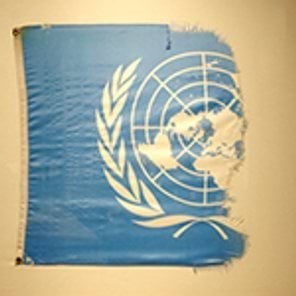
- Conflicts:
- UN Military Observer Group in India and Pakistan (1948-1985), UN Commission on Korea (1950), UN Observer group in Lebanon (1958), The Congo (1960-1964), Yemen Observer Mission (1963-1964), Cyprus (1964-2017), India-Pakistan Observation Mission (1965-1966), Rhodesia (1979-1980), Sinai, Egypt (1982-86, 93-), Namibia (1989-90), Uganda (1982-1984), Iraq-Iran Military Observers (1988-1991), UN Mine Clearance Training Team, Peshawar, Pakistan (1989-1993), Cambodia (1991-93), Croatia, Bosnia-Herzegovina and Macedonia (1992), Somalia (1992-94), Rwanda (1994), Haiti (1994-95), Mozambique (1994-2002), Guatemala (1997), Bougainville, Papua New Guinea (1997-2003), East Timor (1999-2005, 2009), Solomon Islands (2000-2003), Sierra Leone (2000-2003), Ethiopia and Eritrea (2001-2013), Sudan (2005-2011), South Sudan (2011-), Syria (2014-)
- Services:
- Army, Air Force, Navy, Nursing services, Peacekeeping operations
Over 65,000 Australians have served in more than 50 United Nations and other multilateral international peace operations since 1947. While many peacekeepers feel their contribution is important and rewarding, the capacity for some to develop mental illness after their service is well documented—often for reasons different than those found in combat operations. This talk explores the unique characteristics and stressors of peace operations, and their potential psychological impacts on veterans and their families.
Updated